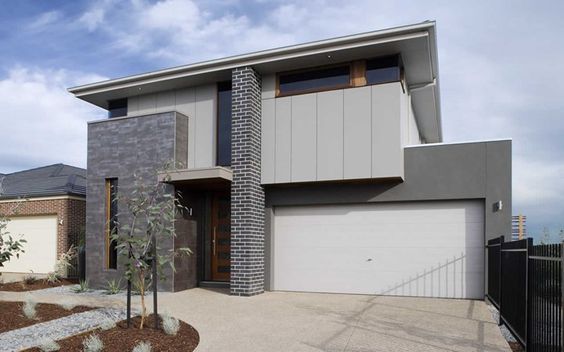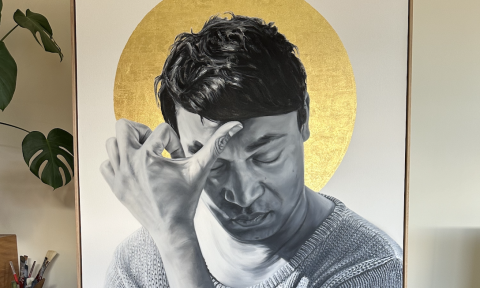You made an offer on a house and it has been accepted. A deposit has been paid, you have your pre-approved loan and a contract of sale is being drawn up by the solicitors to finalise the sale. Congratulations on making the first step to owning your home. But now it’s time to tick off the list of first things to do when you buy a house. If you’re not sure where to start, here are some steps that need to be done before you get the keys to the front door.

First things to do when you buy a house
Legal paperwork should be checked
Engage with a solicitor to check over the contract of sale. The contract should be checked carefully and the best way to do this is to engage with a solicitor to read over the contract for you. This is the time to make changes to the contract, for example the settlement date, to ensure there are no legal misunderstandings.
Conveyancing
Conveyancing can be done by the purchaser, but most home buyers will engage the services of a professional conveyancer. The conveyancer will make survey checks on the property (vitally important if the home has been renovated or extended), gather the building and pest reports and organise the transfer of property. To ensure there are no hiccups in this process, it’s recommended to use a professional property conveyancer to do the hard work for you.
Inspections
There are inspections that will need to be booked to ensure there are no hidden surprises with the property. Building and termite inspections are the most common and are usually booked within the first five days after a private treaty sale. If you purchase at auction, you will be bound by the sale. Ensure the inspections are done before you bid at auction. You may also need to get electrical and plumbing inspections to check installations have been done legally and won’t incur cost to you after you’ve moved in. Again, the timing of these will depend on how you’ve purchased the property.
Insurance
It’s important to organise home and contents insurance for the property you’ve purchased before the settlement date. Lenders will need a Certificate of Currency before they lend the money, which needs to be delivered to the vendor at settlement. Read the PDS to check what part of the house comes under building cover and what is covered under contents. Ensure you have the right insurance in place for how the property will be used. For example if the house is to be rented out as an investment property, landlord insurance will be needed, not owner occupied home and contents insurance.
Settlement
The settlement day is the day where the cheque is given to the vendor and the keys are exchanged so the new owners can to move into their property. Your conveyancer will have advised the government departments about the change of ownership. This is the relieving part of the home buying process as the seller gets their money and you, the buyer are able to start the process of moving into your new home.

There are a number of first things to do when you buy a house, but if you engage with the right professionals, the process can be less overwhelming.
DISCLAIMER : Any information in this article is provided for general information purposes only. No legal, financial and taxation advice is given and the reader accepts information in this article may not be applicable to their circumstances. Independent professional advice from an advisor in legal, financial services and taxation are to be conducted by the reader for their own personal circumstances. We do not hold an Australian Financial Services Licence as defined by section 9 of the Corporations Act 2001 (Cth) and we are not authorised to provide financial services to the reader and we have not provided financial services to the reader.









